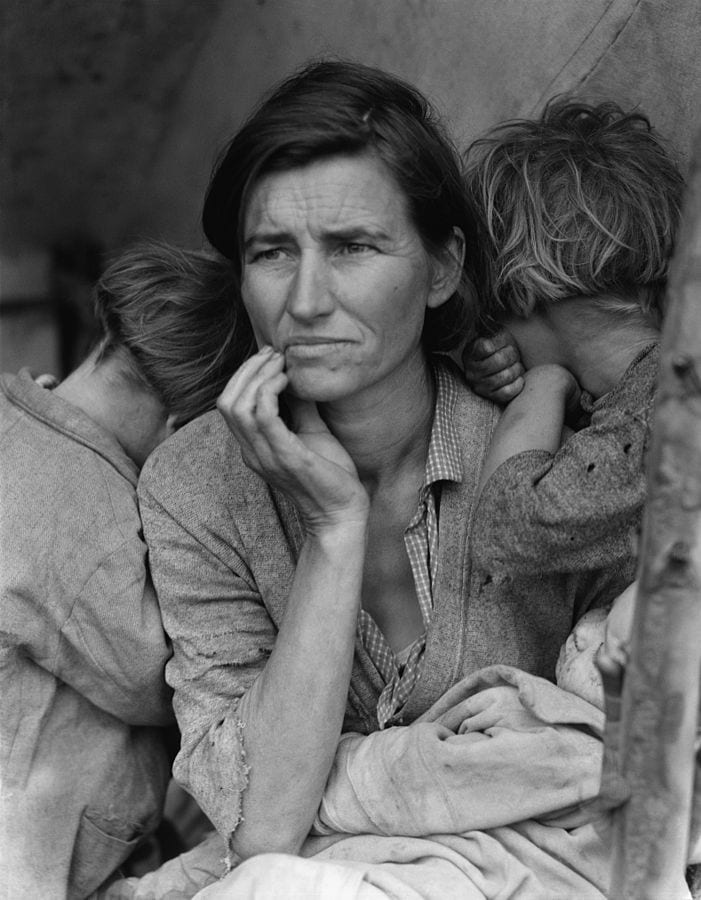Kathryn Riley
Our young people inhabit a planet of increasing diversity and complexity. In a world of ongoing transformation, they need to find their place. Place is a powerful notion: the place where I am from, the place where I live, the place where I would like to be. Place is about being an insider or an outsider. Schools have a critical role to play in helping – or hindering – young people to find their sense of place.
Last week, I met with young people from four London schools: Mulberry School for Girls, St. Paul’s Way Trust School, Central Foundation Girls’ School in Tower Hamlets and the Ursuline School, Wimbledon. I wanted to know what they thought about my new book Leadership of Place: Stories from the US, UK & South Africa (K. Riley, 2013: Bloomsbury).
My book looks at how a school’s location, and the stories of the individual students in the school community, affects the way heads and teachers think about their work. At the heart of the book are three locality studies: Brooklyn, New York, London’s East End and Nkonkobe in the Eastern Cape of South Africa.
Wherever I went I asked young people the same two questions: “What’s it like living around here?” and “What’s it like being in this school?”
• For children at “Downtown School” in Brooklyn, New York, the neighbourhood is “a world of highways, underpasses and overpasses”. The school building is industrial and unwelcoming; yet, for many, “school becomes the only stable place they know”, the principal told me.
• Staff at “Annie Besant” school in Tower Hamlets said they were shocked at the depth of poverty and overcrowding their students lived in, but the girls, mainly of Bengali origin, did not think they were deprived.
• In South Africa’s Eastern Cape, where schools may lack running water and electricity, one boy told me: “The good thing about this place is being loyal and the most important thing is love. It’s a good family, good friends, education, sport… And there are bad things that don’t make me feel good… drugs alcohol, HIV, unemployment.”
The young people I met with in London told me more about the complexities of life in the city. One young woman summed up the importance of school as a place for her in the following terms: “You have to be who you are in school, otherwise how are you going to be able to deal with the difficult things that come your way?”
They spoke about their leadership. They discussed the legacy they hoped to leave for other young people when they left school.
They certainly challenged the view of old Etonian MP, Jesse Norman, a newly appointed political adviser to David Cameron, that Eton is one of the few schools where students “think that there’s the possibility of making change through their own actions” (Observer, 28th April, 2013).
Perhaps Mr Norman might like to visit one of these London schools?
Professor Kathryn Riley, London Centre for Leadership in Learning, Institute of Education London.
 Close
Close



